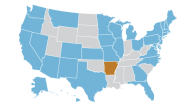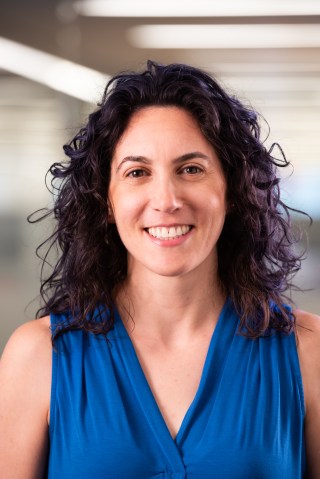
Americans’ views on abortion differ by state
In 34 states and D.C., more people say abortion generally should be legal than say it generally should be illegal.
Numbers, Facts and Trends Shaping Your World

Becka A. Alper is a Senior Researcher at Pew Research Center where she leads surveys exploring American religious identities, beliefs and practices, including the views and demographic profile of Jewish Americans and the religiously unaffiliated. Her work is instrumental in shaping the Center’s U.S. religion polls and offering insights into the role of religion in American public life. She has authored major reports analyzing America’s changing religious landscape, the experiences and views of Jewish Americans, spiritual beliefs and practices, what Americans know about religion, a new way of understanding religious identities in America, how religion intersects with Americans’ view on the environment, among many others. Becka holds a doctorate in sociology from Purdue University.